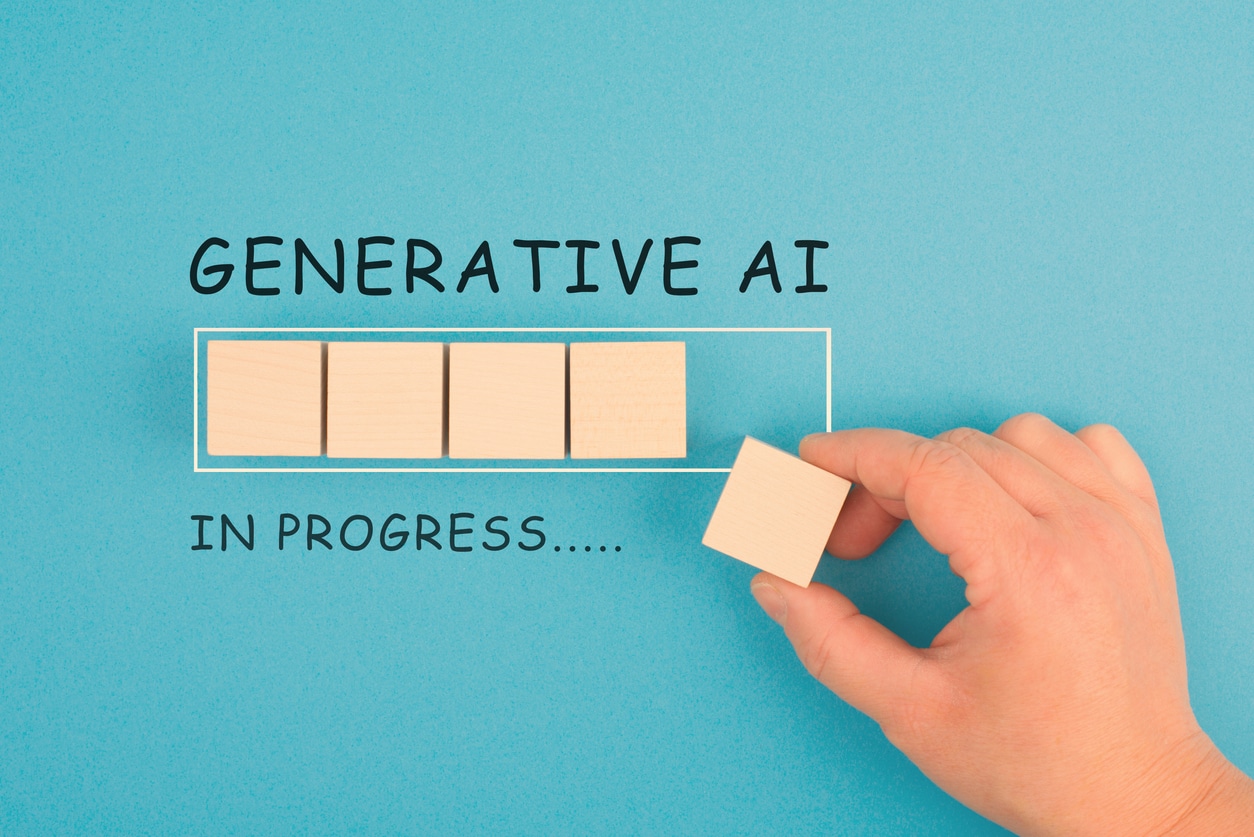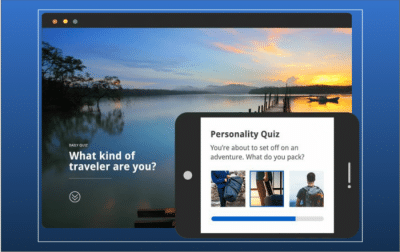Data & AI
Where Do I Start With Generative AI?
August 4, 2023

Over the last six to eight months, generative AI has evolved from a sci-fi movie plotline into a technology that is disrupting entire industries.
Read the full article in The Drum here.
If your business leverages relationship marketing and personalization, then you need to know how generative AI is going to make it better.
In a recent article in The Drum, Marigold’s Michele Fitzpatrick, vice president of enterprise strategy, discusses the potential generative AI has to revolutionize how marketers approach relationship marketing.
Businesses have been using traditional AI more than most people realize, –from automating earnings reports to delivering dynamic paywalls and content recommendations. Generative AI is the next iteration. New research shows 67% of senior IT leaders are prioritizing generative AI for their business within the next 18 months, with one-third (33%) naming it as a top priority.
Fitzpatrick defines generative AI as any form of artificial intelligence that’s able to create new content, including text, images, and videos. It works by learning from existing examples and using algorithms and models to generate something new.
Generative AI has the potential to revolutionize the way marketers approach relationship marketing by providing more accurate, personalized, and efficient ways to engage with customers. This can be applied in several ways including:
- Customer segmentation
- Personalized experiences
- Customer service
- Recommendation engines
- Predictive analytics
- Content creation
- Sales forecasting
8 Best Practices
As with any emerging technology, there are growth and usage issues. Generative AI’s speed and reliance on accurate data make topics like intellectual property, copyright, data ownership, and data integrity impossible to ignore.
Fitzpatrick believes these issues can be addressed through education, operational excellence, and proactivity. Here are a few things to consider when adopting and maximizing the potential of a generative AI solution for relationship marketing:
- Be clear and concise: Ensure that your prompt is easy to understand and provides clear instructions for the AI to follow. Avoid using overly complex language or unnecessary jargon that may confuse it. The construction of a well-designed prompt is one of the key ingredients to successfully using generative AI.
- Be prescriptive and helpful: For example — “The following is an article from our organization blog. Summarize the content into the most helpful bullet points for a person interested in purchasing a book.”
- Specify output: Distinguish between a social share text under 200 words for Twitter vs a 500-word blog post. Also dictate the tone you want — friendly and casual, or formal and authoritative.
- Specify formats: If you have a specific structure in mind, be sure to include this information in your prompt, such as generating a bulleted list or a numbered sequence.
- Provide examples: You can prompt generative AI to “remember” an example of content and create a response based on that example. AI is capable of analyzing text and learning it to generate content.
- Make adjustments: If the AI produces unexpected or undesirable outputs, try rephrasing your prompt or adjusting its parameters.
- Find a balance: Overly restrictive prompts can limit the model’s ability to generate creative or nuanced outputs, while overly open-ended prompts may lead to ambiguous or off-topic results. Experiment with different guidance levels to find the sweet spot that best aligns with your project’s objectives.
- Evaluate: Regularly examine the effectiveness of your prompts by reviewing the AI-generated outputs and comparing them against your desired outcomes. Use this feedback to refine and improve your prompts.
Fitzpatrick stresses that generative AI should play a role in the overall creative process. But the tool should not be tasked with doing all the work alone. AI delivers speed and scale. Humans are still responsible for creativity, innovation, and using the tools ethically.
The biggest question remains not why you’d utilize generative AI to enhance your relationship marketing efforts, but rather when and how. At Marigold, we see endless possibilities for using data, technology, insights, and creativity to design and deliver a dynamic and impactful customer experience.
Learn more about how Marigold can help you create more meaningful customer relationships with every interaction.
The State of Brand Loyalty in the U.S. in 2023
Related



